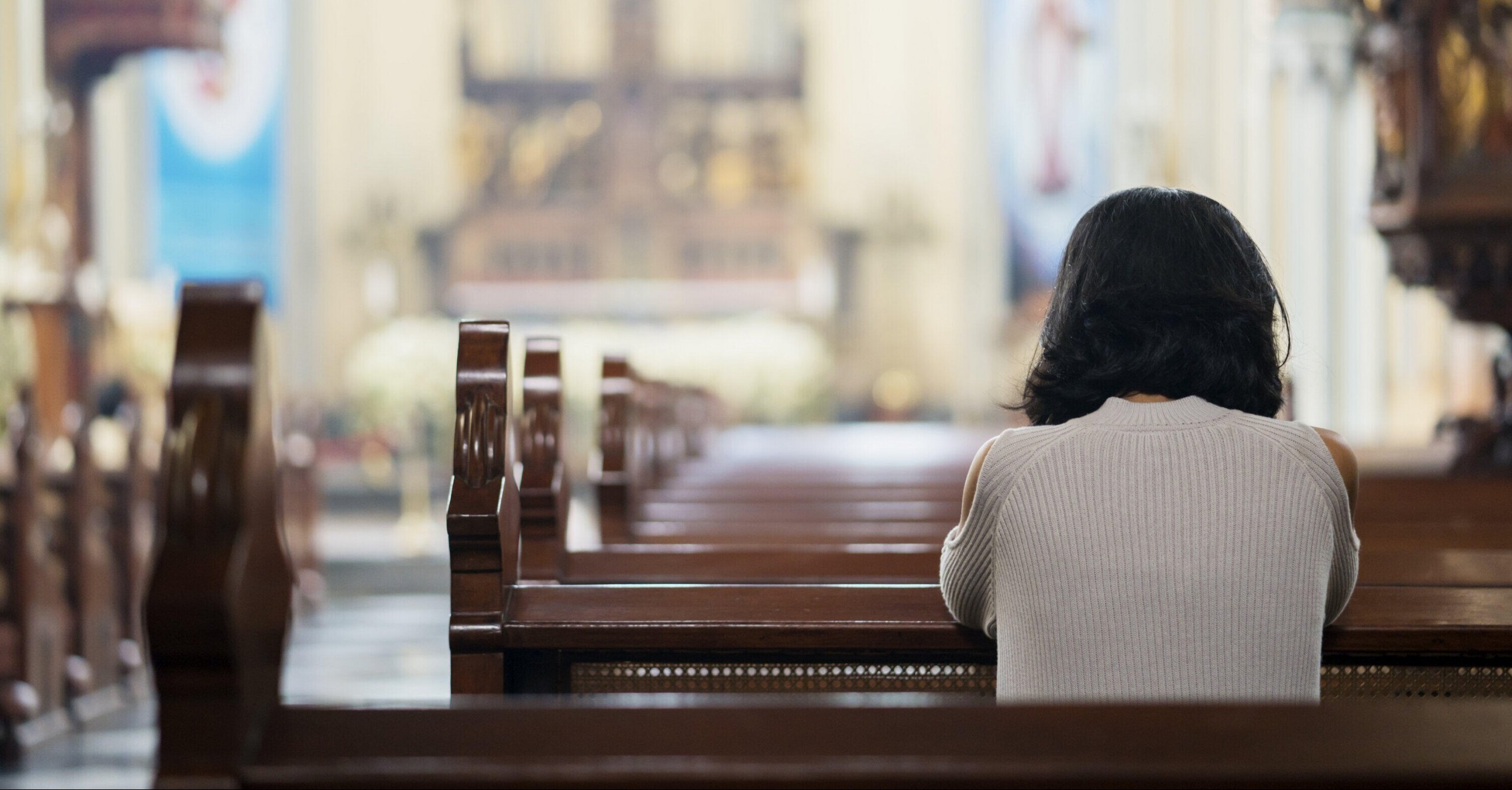Advent I, 28 November 2021
“Many voices ask for our attention. There is a voice that says, ‘Prove that you are a good person.’ Another voice says, ‘You’d better be ashamed of yourself.’ There also is a voice that says, ‘Nobody really cares about you,’ and one that says, ‘Be sure to become successful, popular, and powerful.’ But underneath all these often very noisy voices is a still, small voice that says, ‘You are my Beloved, my favor rests on you.’” – Henri Nouwen[1]
Don’t we hear these voices every day? However we need to set aside a time to be silent and go to our prayer closest, so to speak. Then, and only then, can we hear the voice of God. We need to set aside the different voices that speak to our ears, and say, “Lord I want to hear what You have to say”; and these are the words we hear from God. In times of discouragement, we hear God’s voice to encourage us. Even in times of financial lack, if we would spend our time with God, we would hear not the voice of fear or abandonment, but the voice that says, “Trust in Me, and I will take care of you and provide all your needs.”

We need to celebrate the life of Christ
Life’s activities in Biblical times revolved around God’s intervention in the life of Israel’s, and also agricultural seasons. After their experience of the exodus from Egypt, God’s very first instruction to Israel was to mark this event by celebrating the Feast of Passover; and even today, after thousands of years, Jews continue to celebrate it. The message of Passover is to remind them of what God has done for them, redeeming them from slavery and bringing them to a land of promise.
Modern life revolves around work, school and vacation; these may be unavoidable. But there’s a rich and more profound inner life we need to live, whose source brings us meaning, purpose in life, and hope. It revolves around the Church’s liturgical seasons, the celebration of the life of Christ through a three-year cycle. Many people’s lives revolve around work, school and vacation; but our lives revolve around the life of Christ, putting Him at the very centre.
Human life and existence in history is but a fleeting breath that passes so much in haste. Some believe that life’s purpose depends on some random chance, or that we’re left to write it for ourselves. However, a radical change was brought about by the Incarnation of God, when He became man so that we might become like God.
Advent, Christmas and Epiphany were originally combined in one season; in a sense, Advent is a preparation for Christmas and Epiphany. Christmas is the most joyful time of the year: let’s remember, particularly during this pandemic, that God is still a God of fun and celebration. Even though it can be very challenging, He wants us to celebrate life and His goodness.
For many, preparing for Christmas is very hectic: shopping for presents, making decorations, mailing cards, attending parties, and so on. Many Filipinos send their balikbayan box in September to make sure it arrives in December. The Philippines starts celebrating Christmas in September.[2] Amidst this celebration and mad rush, there must be a call for spiritual preparation. Advent means arrival: a couple expecting a new baby prepares everything, such as clothes and a crib; but as Christians we celebrate the arrival of Jesus. Advent is a preparation for the arrival of the Son of God, the Messiah and the King of kings.
Judgment and fulfilment
The book of Micah was written in the eighth century B.C. Israel was divided into two kingdoms, which both abandoned their Covenant with God. Micah was a contemporary of Isaiah. Micah 1:3-4 uses similar language to today’s Gospel. Micah’s message was imminent judgment for abandoning mercy, justice and walking humbly before God. Looming on the east side of Israel were the conquering armies of the Assyrians, to be followed by the Babylonians who would do more significant damage. However, Micah’s message was not only doom and gloom, but God always ends with a message of hope and deliverance: there would be the establishment of the righteous Kingdom, the coming of the Messiah King, the restoration of Israel and the triumph of divine grace. Let’s always remember that the coming of God is always twofold: judgment and fulfilment of His promise.
Bethlehem and the Church
As God promised His coming in His Son to Israel, He chose a place called Bethlehem (Micah 5:2). The Church is like Bethlehem; its Biblical and historical significance tells us we must prepare for the coming of the Messiah. Bethlehem had to prepare, and this preparation is extended to all of us, as if we were in Micah’s time in Judah. It’s a poetic way of encouraging us to rejoice and marvel as fervently, intimately and tangibly as humanly possible in the wonder of the Incarnation and salvation.
The name Bethlehem in Hebrew means “house of bread”. David was a native of Bethlehem, and it was chosen to be the birthplace of our Lord. Bethlehem becomes synonymous to the Church today:
- Bethlehem is where Christ was born; hence the Church is where Christ is born within us.
- Bethlehem is where David was born, pointing to the Church, where the heir to David’s throne is established and has chosen to establish His Kingdom.
- As Bethlehem is a house of bread, the Church is also a house of bread, where we receive the Bread of life.
[1] Henri J.M. Nouwen, Bread for the Journey: A Daybook of Wisdom and Faith (San Francisco: Harper One, 2006). Fr. Nouwen was a Dutch Roman Catholic priest.
[2] The historical reason for this is that during the Vietnam war, American soldiers celebrated Christmas in the Philippines, the only Christian nation in Asia; because they could not all leave the battlefield at once, they took turns, with different batches celebrating in different months.









